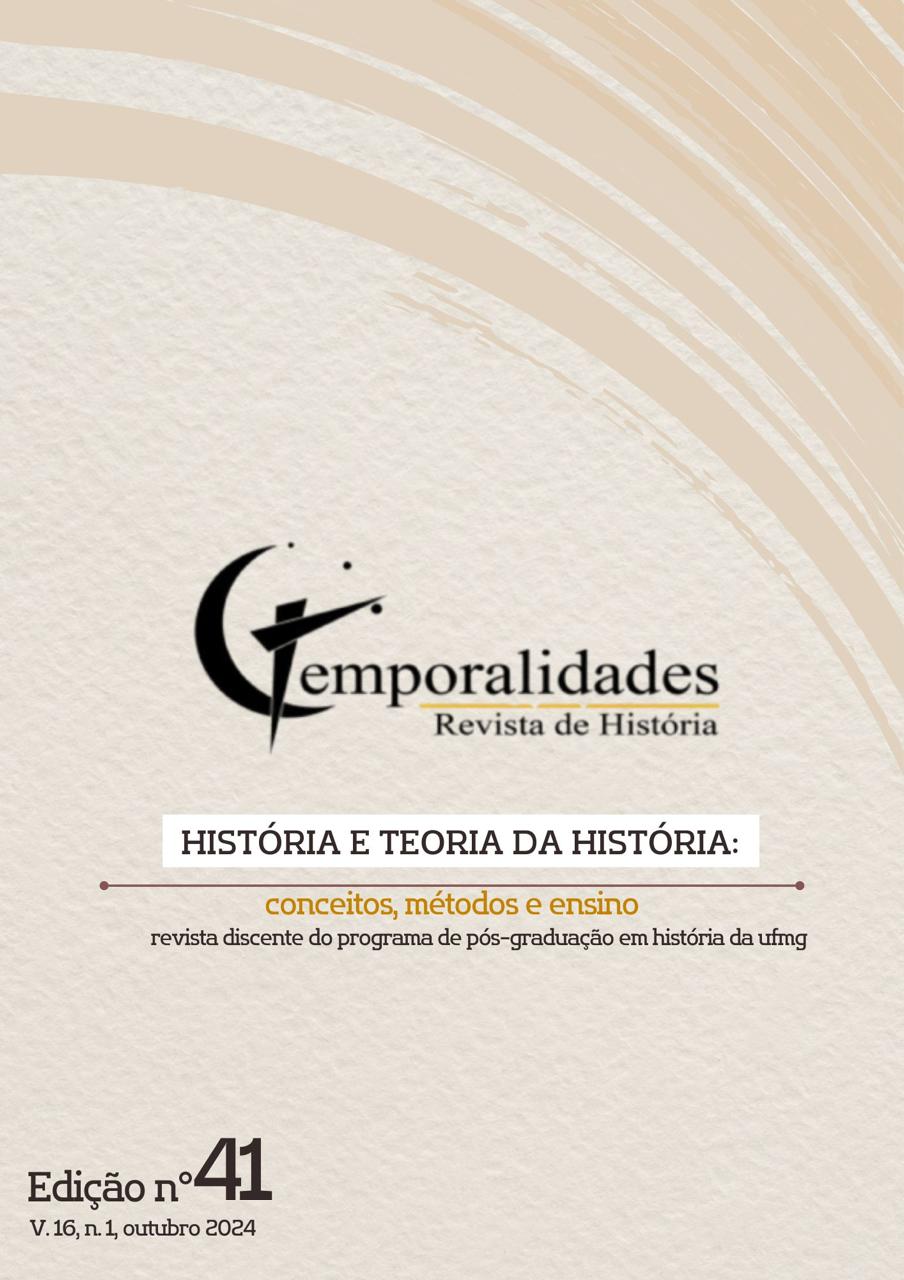A desconstrução do escravizado e o baixo número de revoltas no Vale do Paraíba fluminense
Abstract
Why did the enslaved people not produce major revolts in the Paraíba Valley of Rio de Janeiro, where they made up 70% of the population in the 1830s-1840s? To understand the reasons, it is necessary to address the restriction on literate people imposed by the central government in the Portuguese colony, the policy of intensification of human trade from the mid-18th century onwards and the entire process that involved the main and most important workforce in the Portuguese colony. Portuguese empire. In American colonial lands, Africans were reborn as slaves, and were guided to develop a new sense of belonging after the entire process of deconstruction of their human condition, and were then transformed into the basis of the social structure under the blessing of the Church. . Thus, by reducing the scale of observation, we not only sought the possible reason for the low number of revolts, but also presented the process through which the enslaved were subjected; namely: survival; Rebirth; deconstruction; construction (belonging) and illiteracy.
Downloads
Downloads
Published
Issue
Section
License
Copyright (c) 2024 Alan de Carvalho Souza

This work is licensed under a Creative Commons Attribution 4.0 International License.
O(A) autor(a), para fins de submissão à revista Temporalidades, deve declarar que o trabalho aqui submetido é de autoria do mesmo e nunca foi publicado em qualquer meio, seja ele impresso ou digital.
O(A) autor(a) também declara estar ciente das seguintes questões:
Os direitos autorais para artigos publicados na Temporalidades são do autor, com direitos de primeira publicação para o periódico;
Em virtude de aparecerem nesta revista de acesso público, os artigos são de uso gratuito;
A revista permitirá o uso dos trabalhos publicados para fins não-comerciais, incluindo direito de enviar o trabalho para bases de dados de acesso público.
A Temporalidades adota a licença internacional Creative Commons 4.0 (CC BY).











